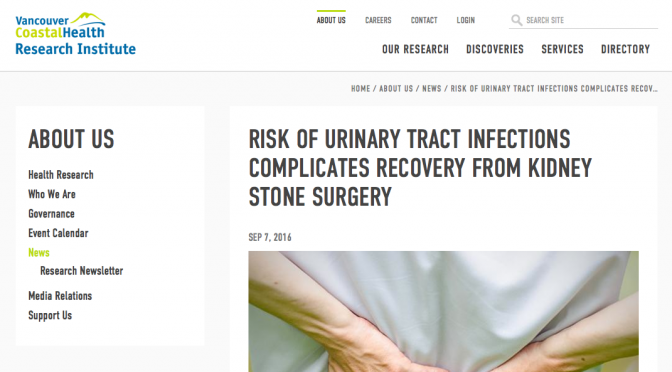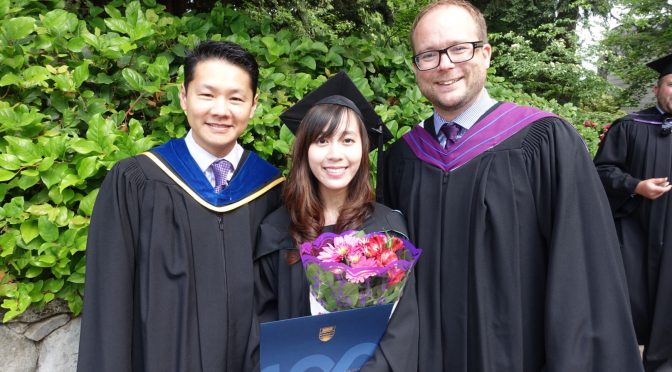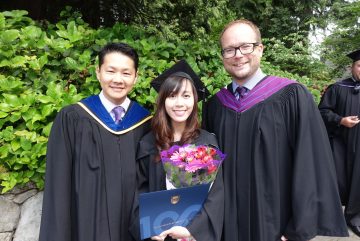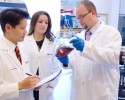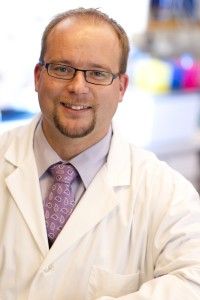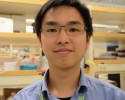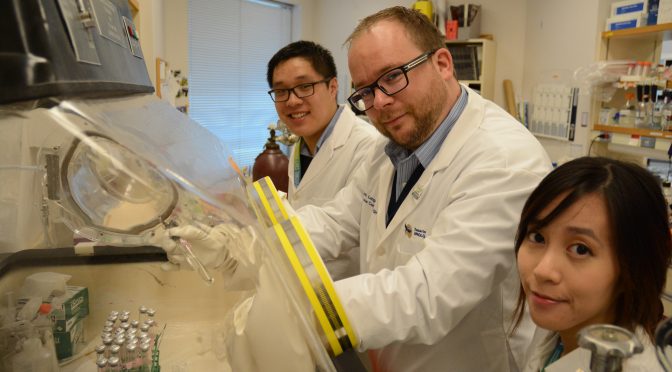The Stone Centre’s third annual patient engagement night – Kidney Stones: The Latest on Prevention, Treatment and Research was another successful educational event! The goal of our event was to pass on information to the kidney stone patient community through educational talks and presentations from the Stone Centre’s urologists, researchers and dietitians.
The night began with a presentation from Dr. Ben Chew regarding metabolic syndrome and kidney stones. Dr. Chew then discussed the various dietary o ptions that have been clinically proven to reduce the risk of stone disease.
ptions that have been clinically proven to reduce the risk of stone disease.
This presentation was followed by talks from dietitians Judith Andrews and Lynn Tomita. They continued with the theme of dietary advice and went into thorough recommendations for fluids, sodium, fruit and vegetables, protein oxalate and calcium. 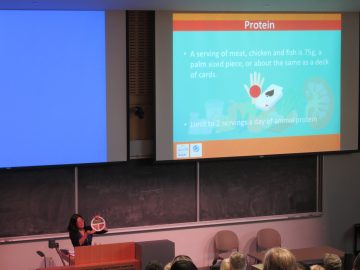
Dr. Chew and the dietitians then had an engaging back and forth discussion regarding some of the finer points of dietary oxalate recommendations.
aaaaaaaaaaaaaaaaaaaaaaaaaaaaaaaaaaaaaaaaaaaaaaaaaaaaaaaaaa
Dr. Dirk Lange, the director of basic science research at the Stone Centre, was the final presenter for the night. He went over the ongoing and future research that is being conducted by the Stone Centre laboratory team. 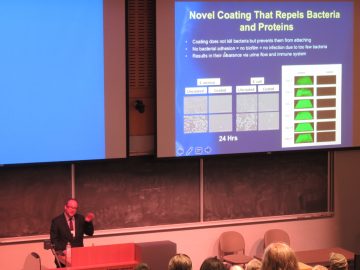
This event was made possible through contributions from many different people and organizations.
We would like to thank the Stone Centre laboratory research team for their outstanding efforts in research as well as for their help in setting up the event. If you saw them at the event, the lab team was busy answering your questions regarding research and stone prevention!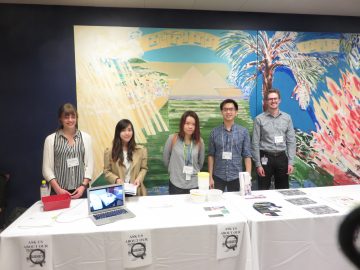
We would also like to thank the VGH Foundation; specifically Joey Cheung, Tim Staunton and Nathania Lo for their help in organizing and setting up the event. 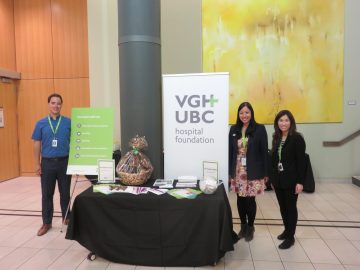
A big thank you to the Stone Centre Advisory Group – who volunteered their time to ensure that we were answering questions and covering content that is relevant to patient needs. Their contributions played a huge part in the success of the night event.
Also, thank you to our charitable sponsors for providing food, refreshments and prizes!
Choices Market
Nesters Market
Kin’s Farm Market
Save on Foods
Happy Water
Cafe Ami
Vancouver Water Adventures
Davids Tea
Village VQA Wines

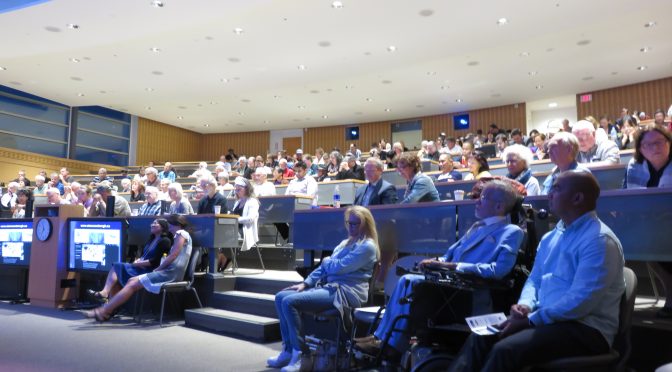
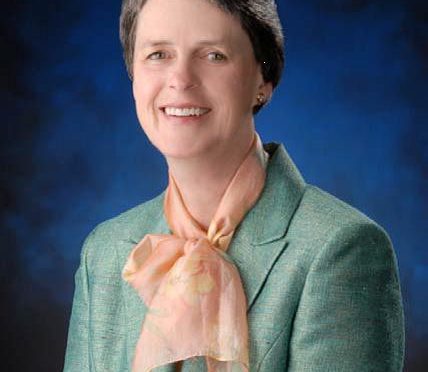


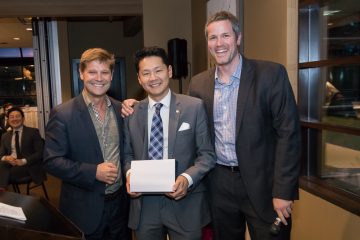
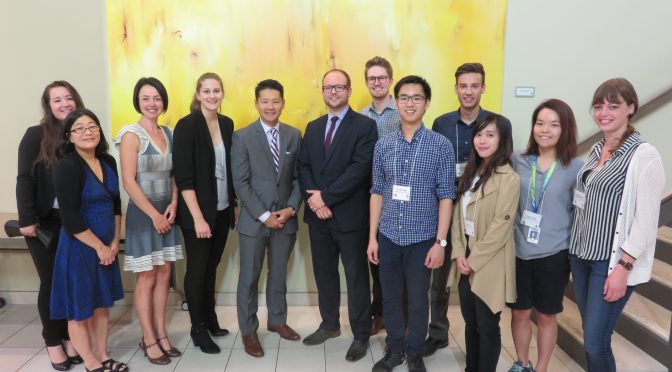
 ptions that have been clinically proven to reduce the risk of stone disease.
ptions that have been clinically proven to reduce the risk of stone disease.




